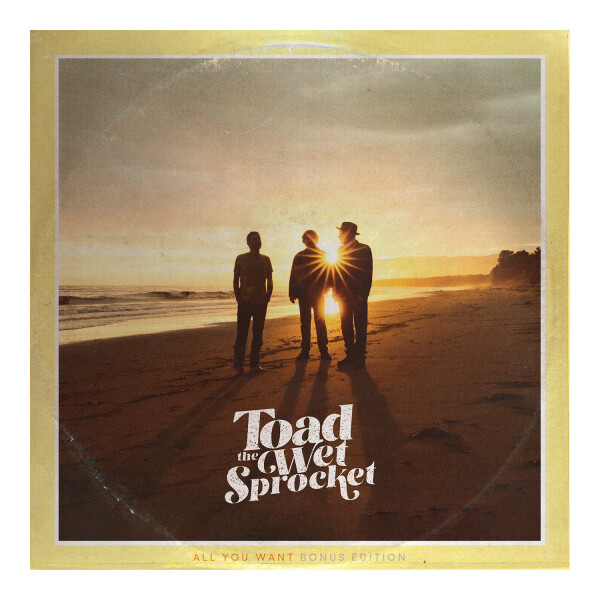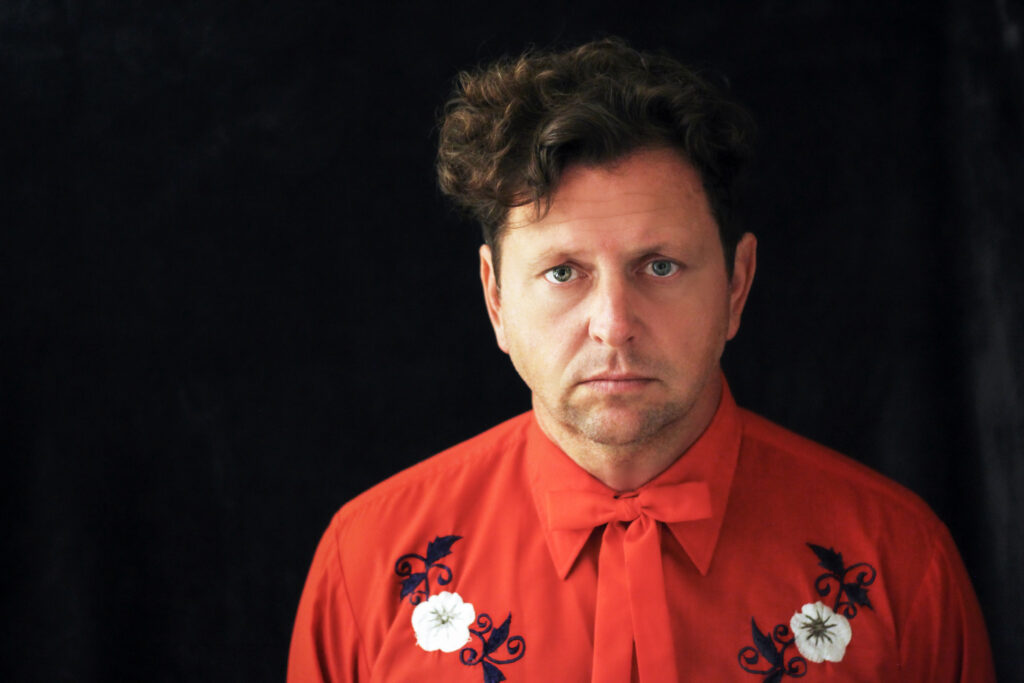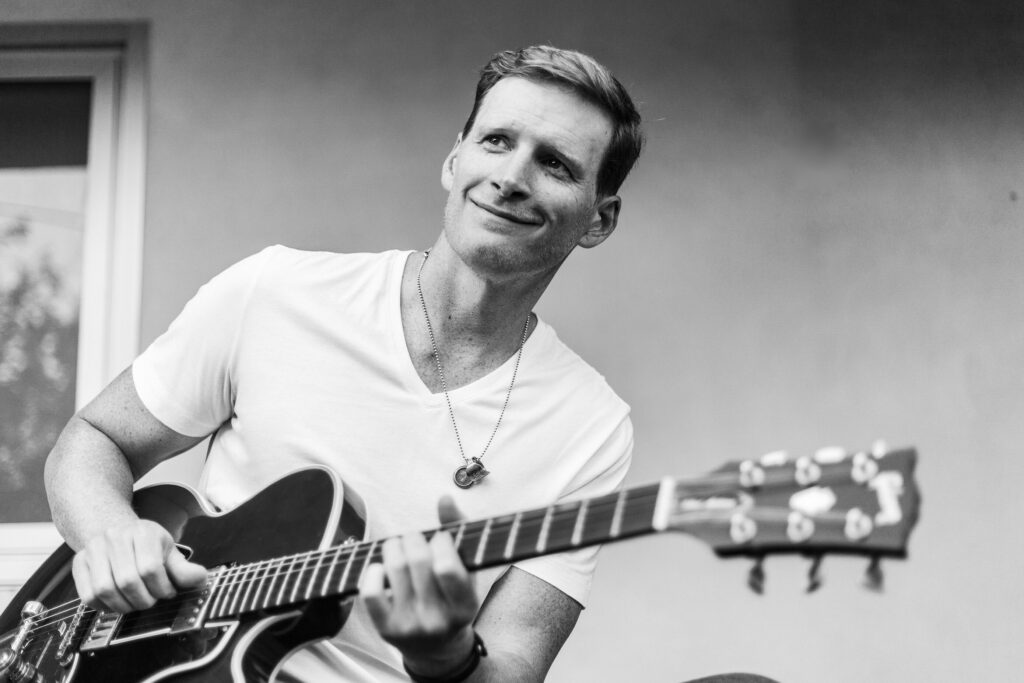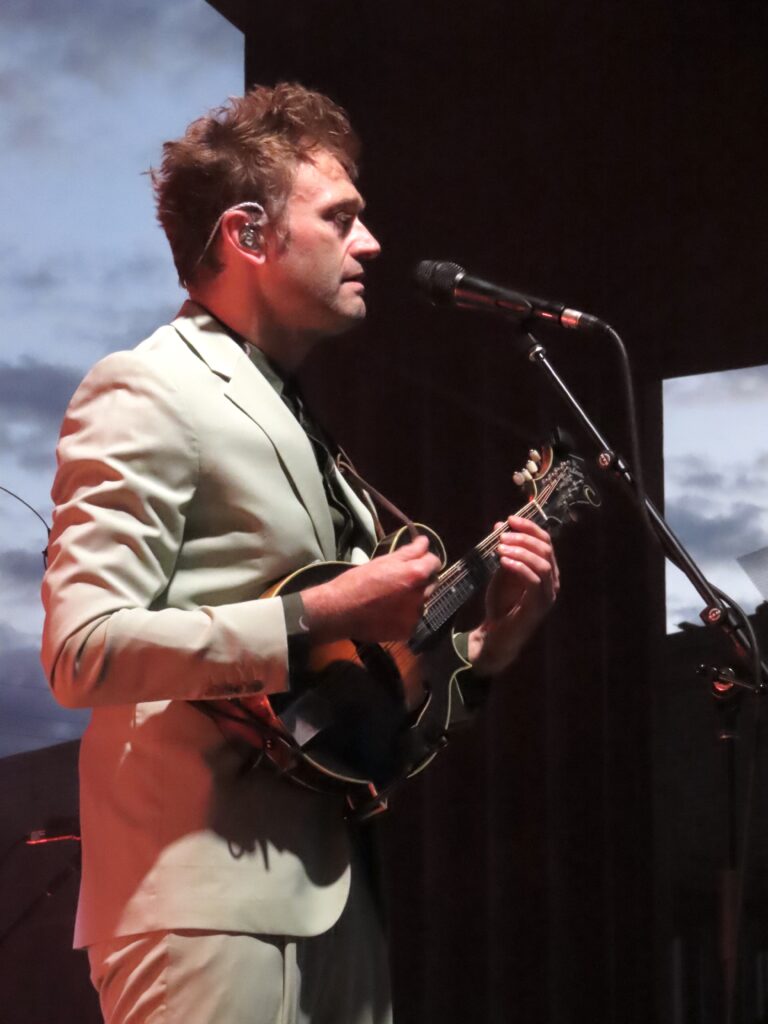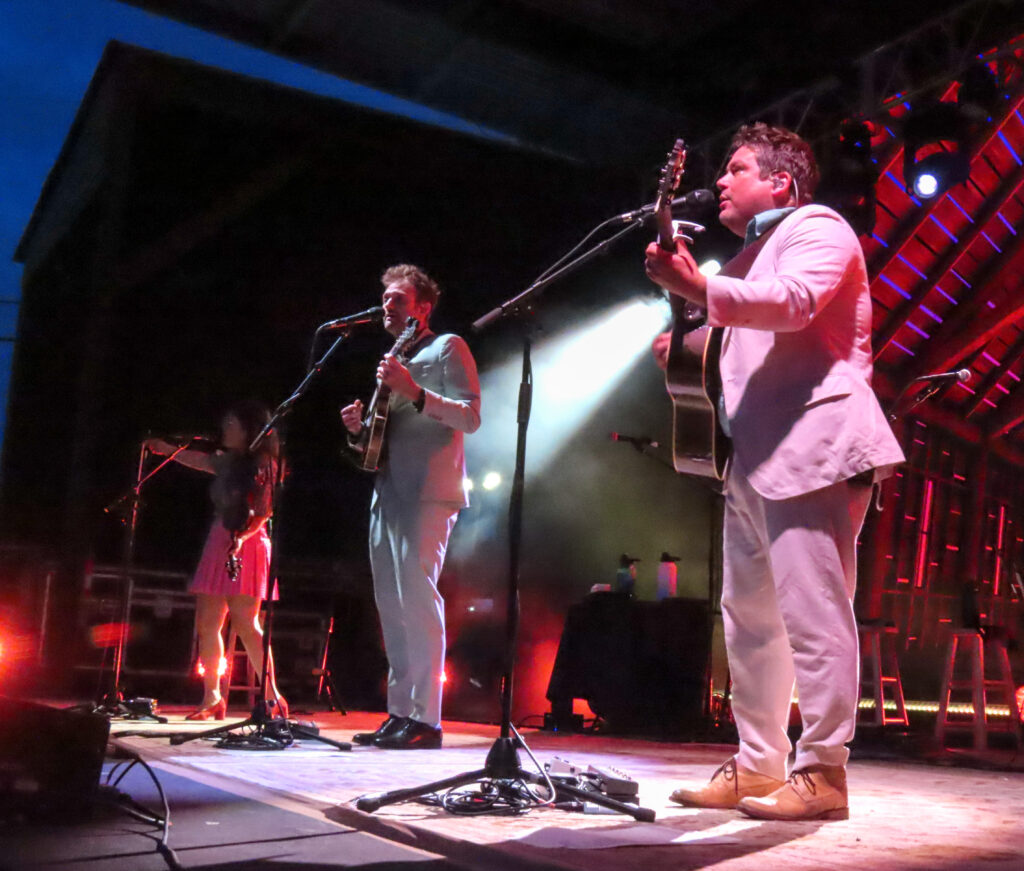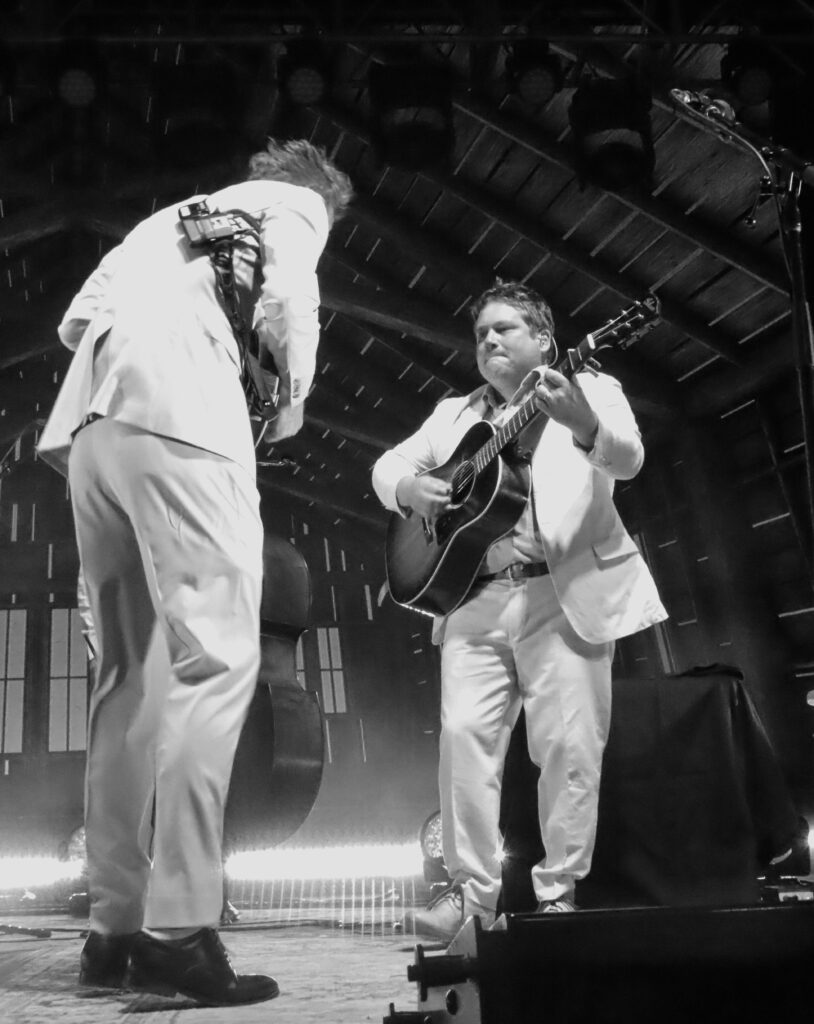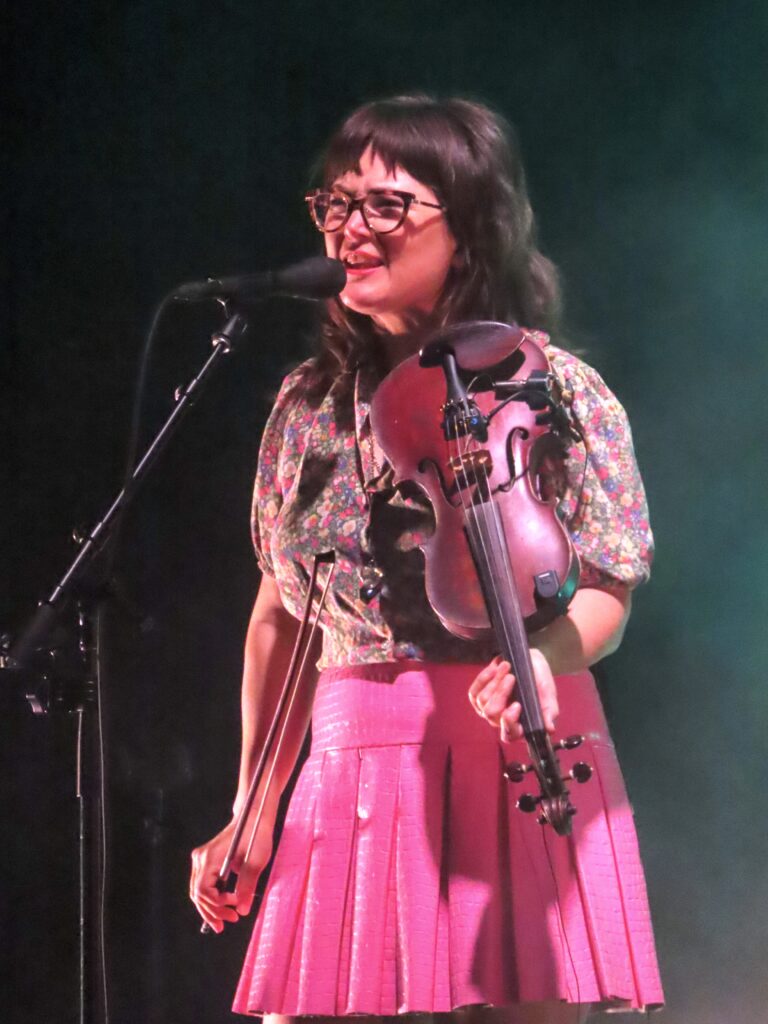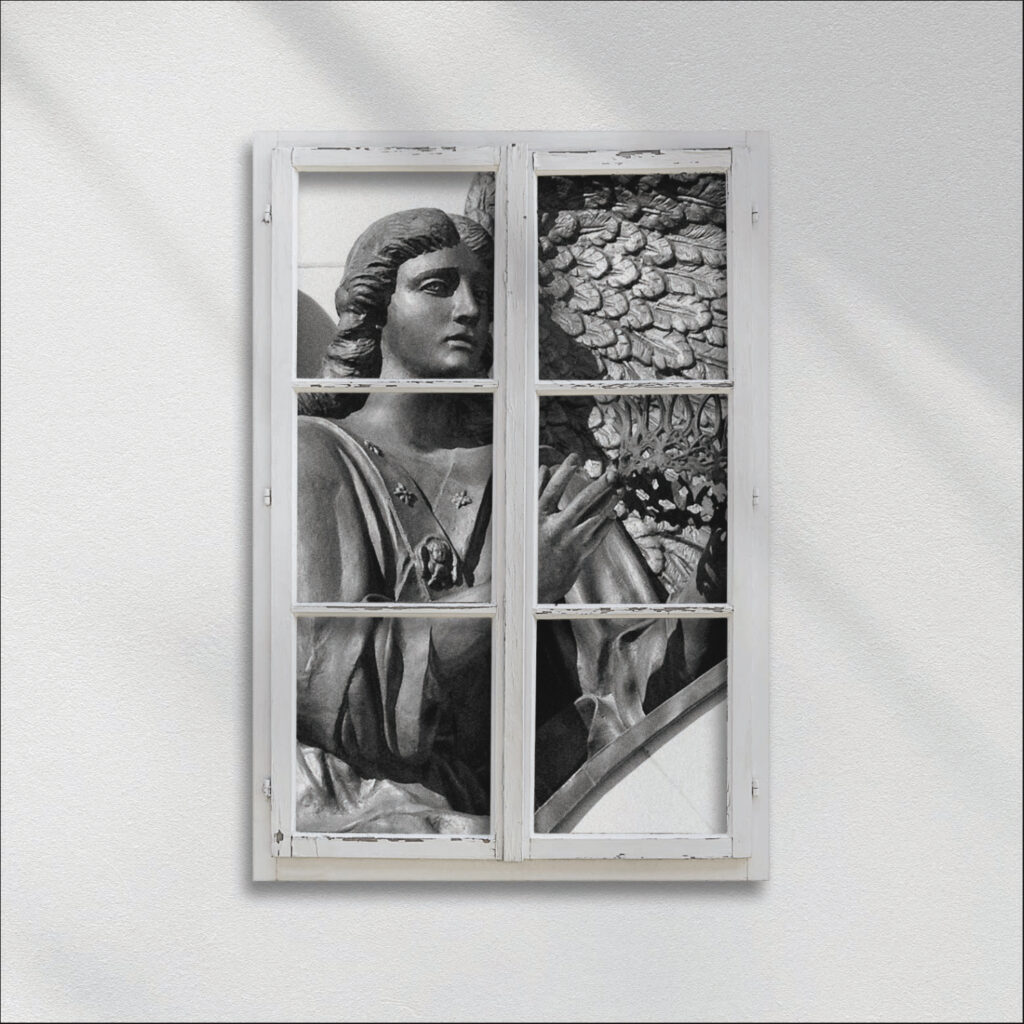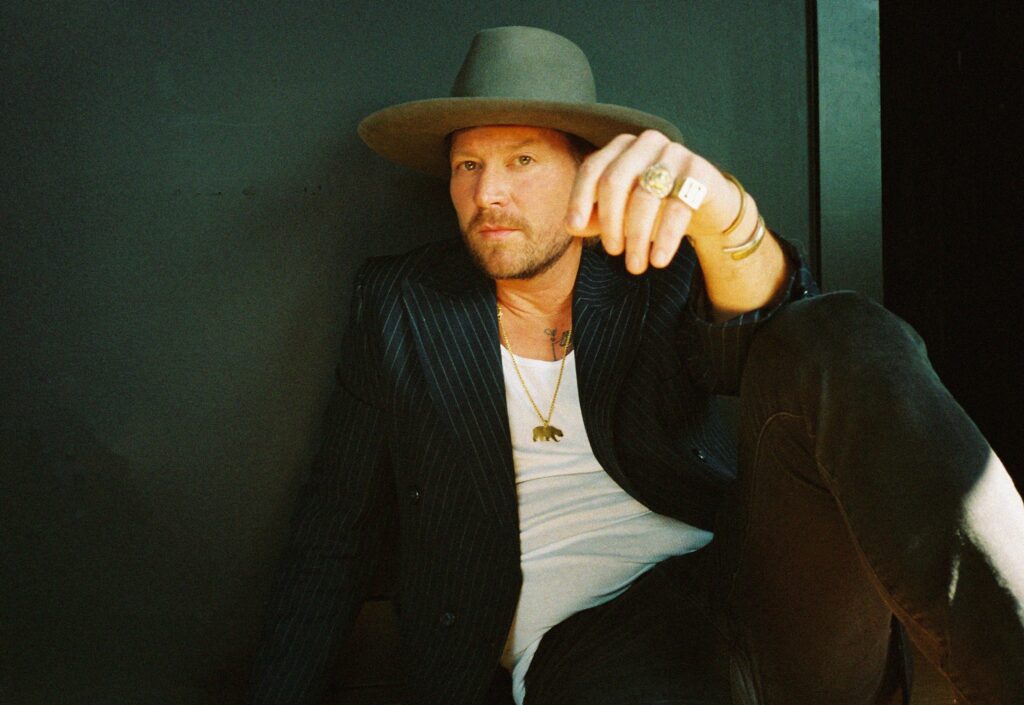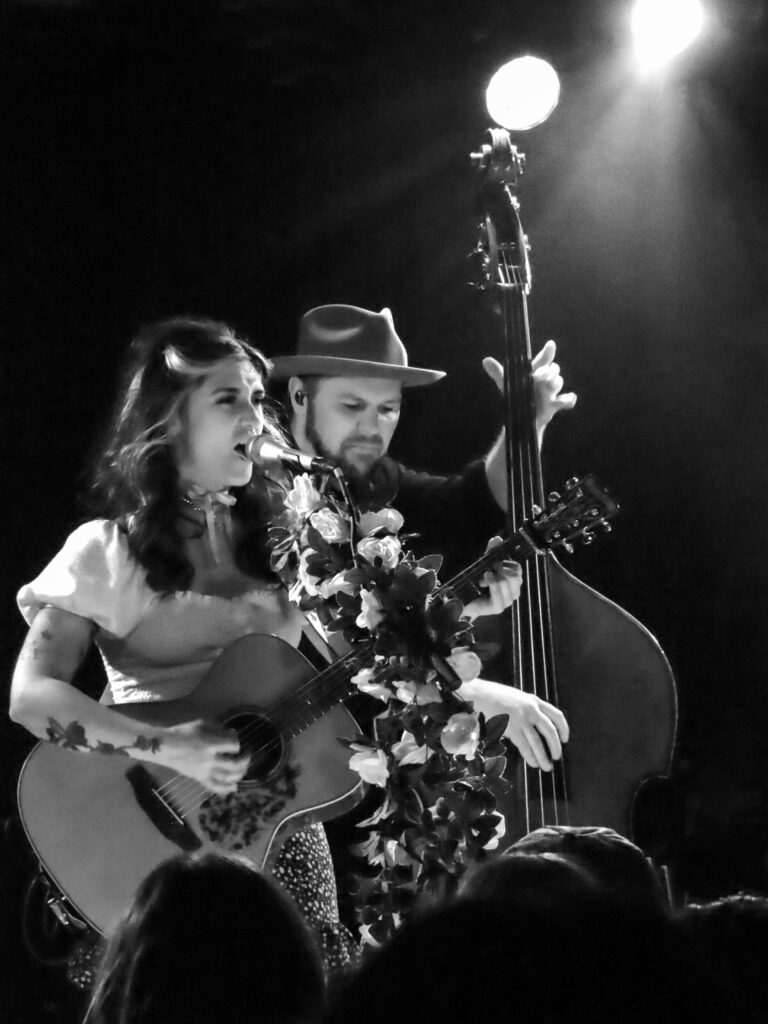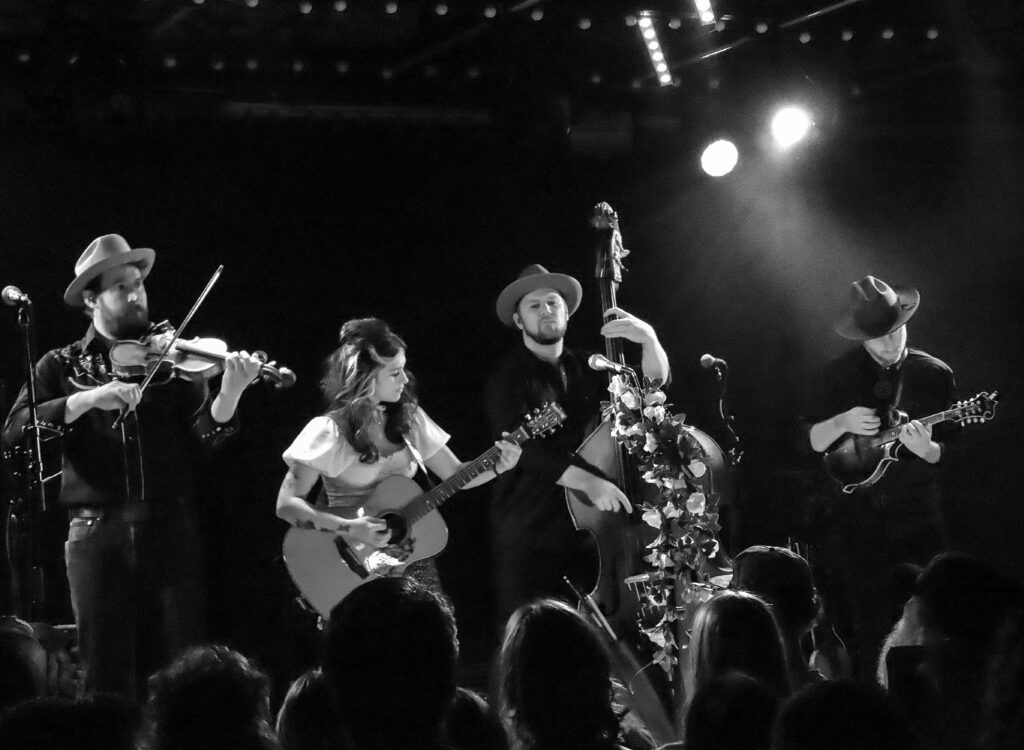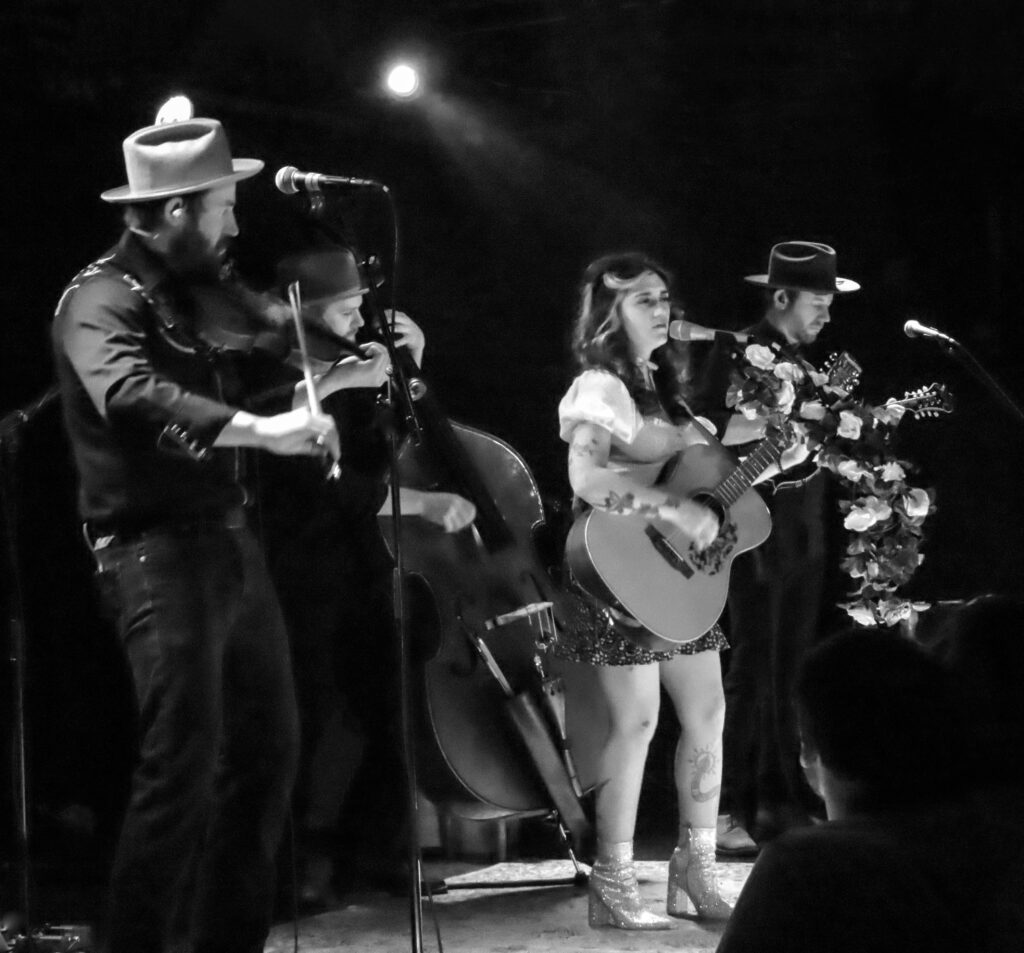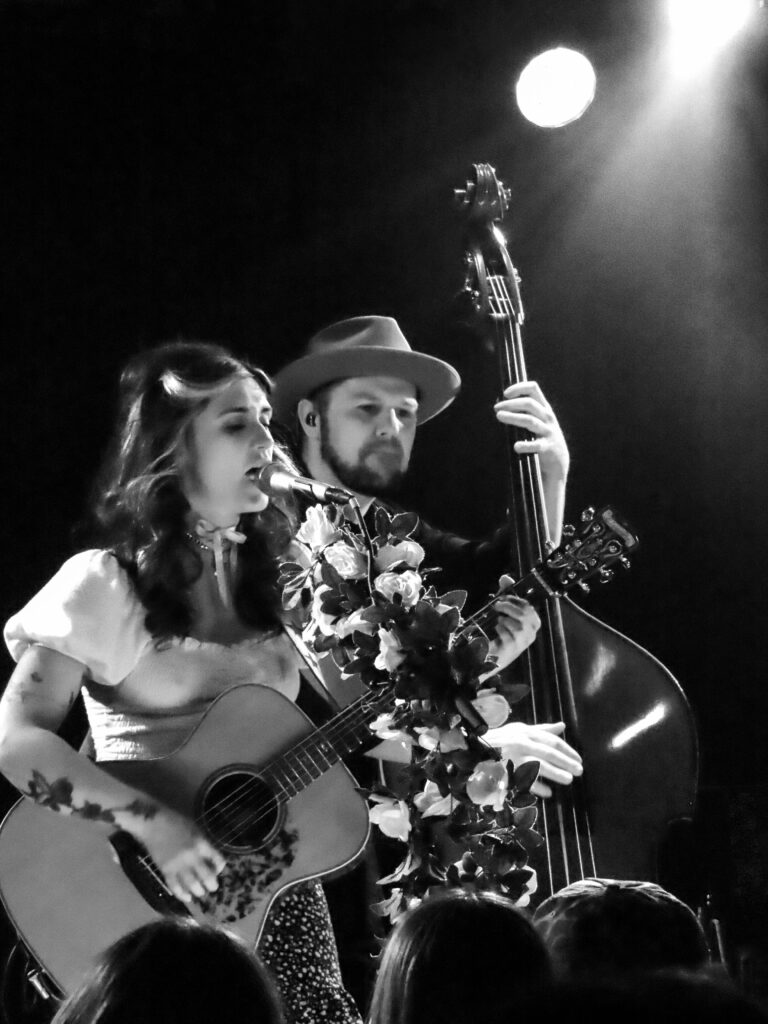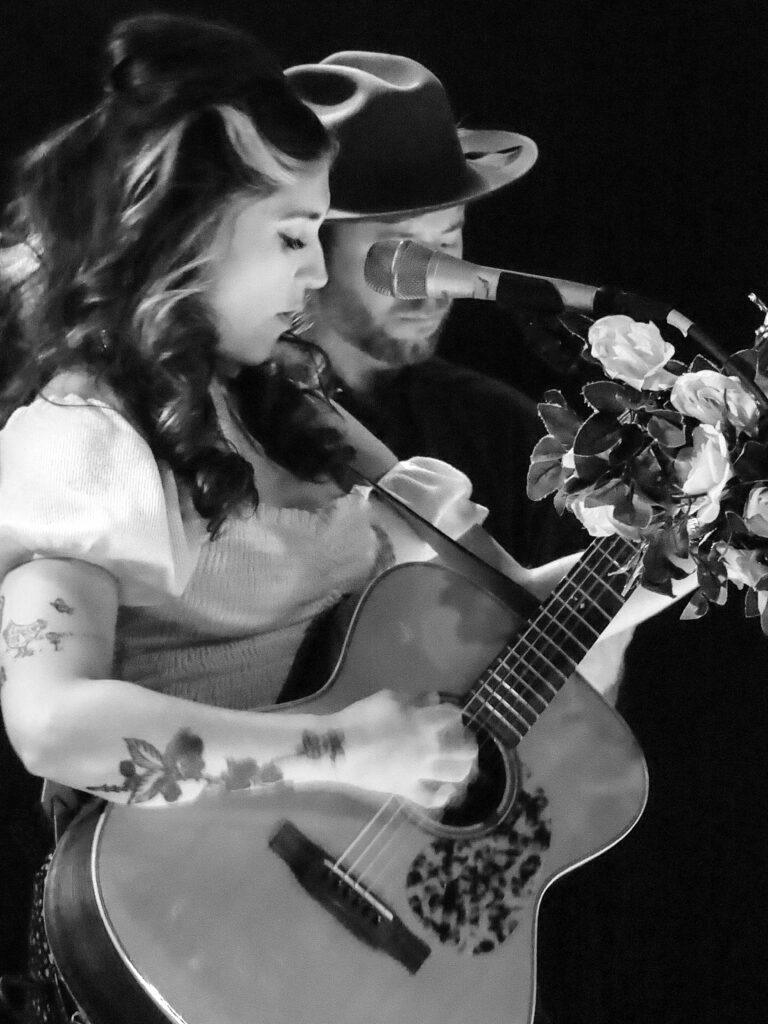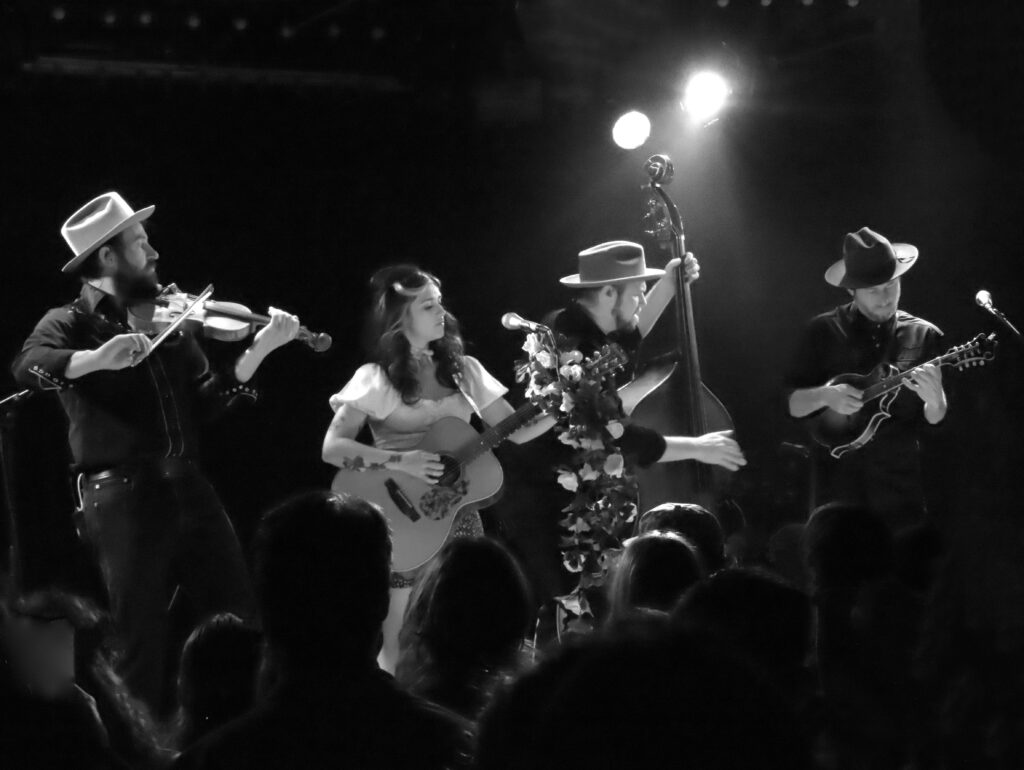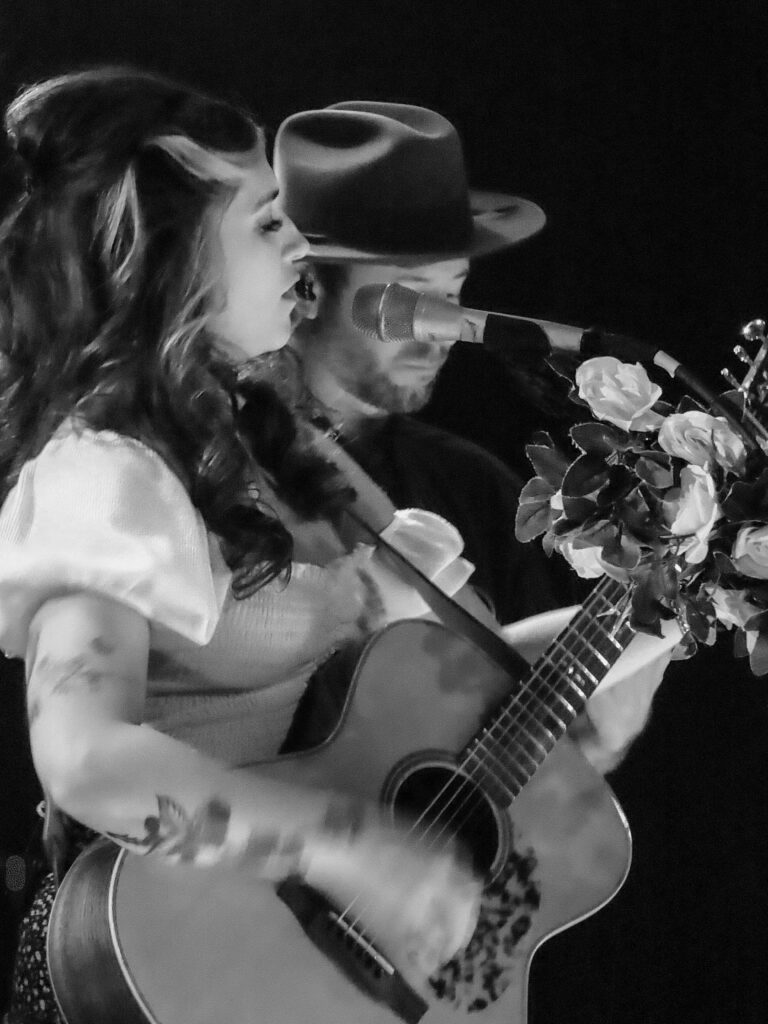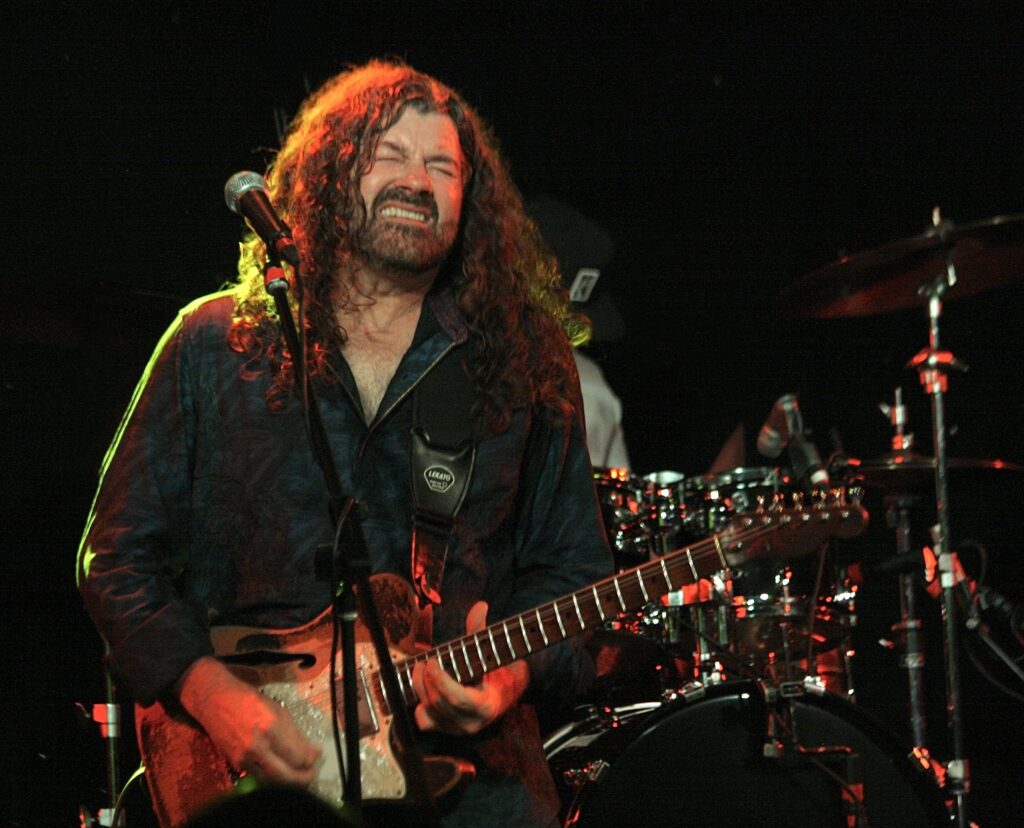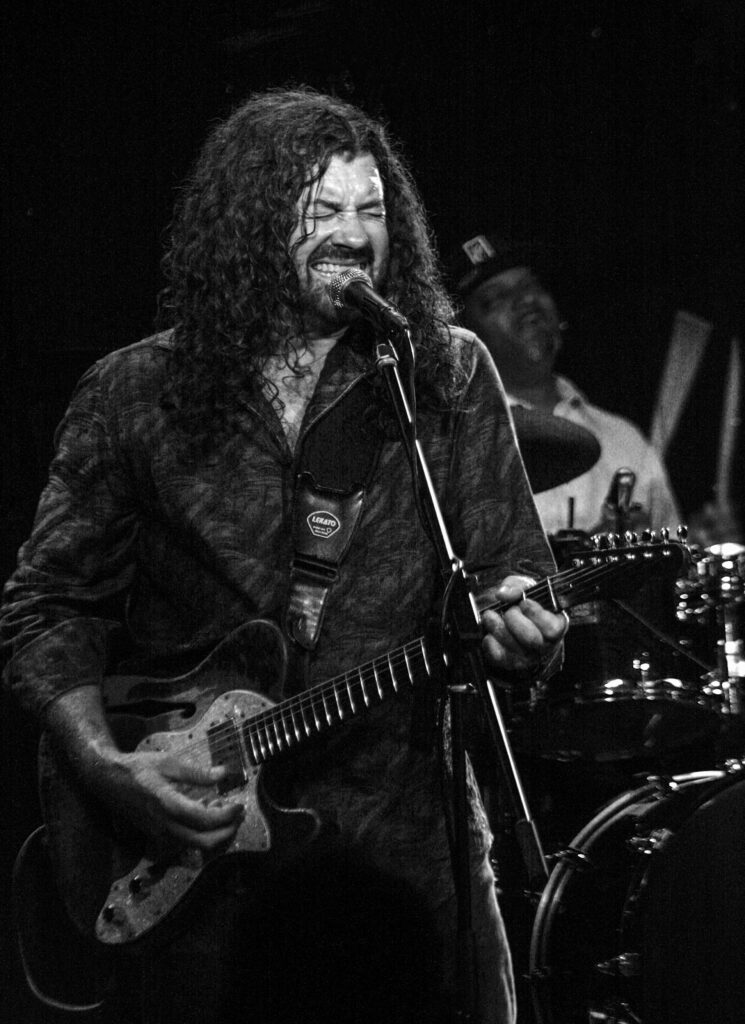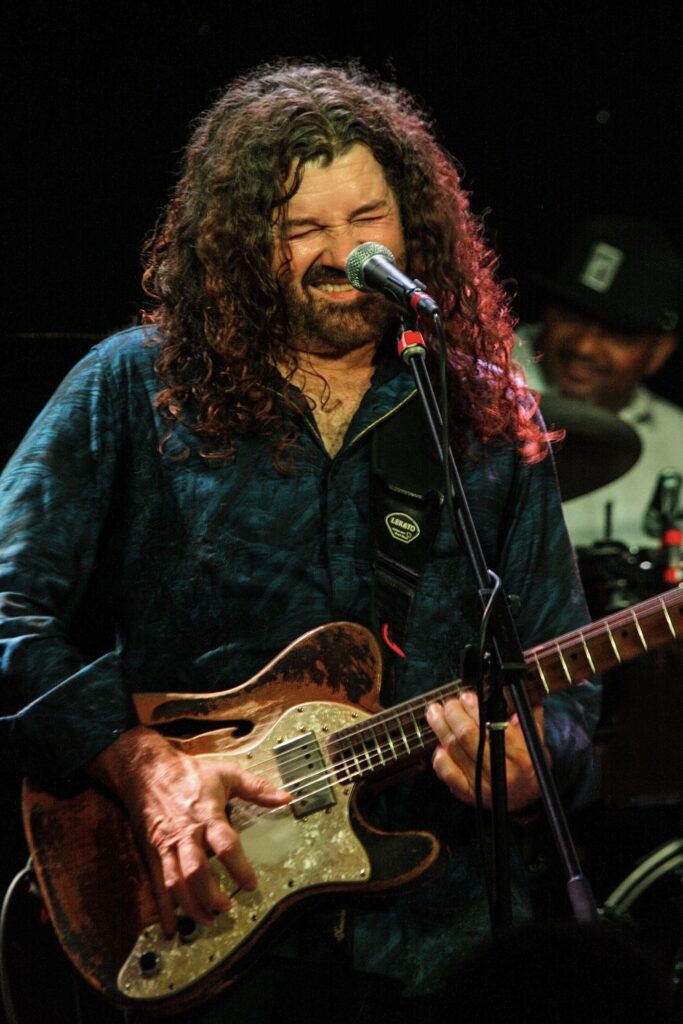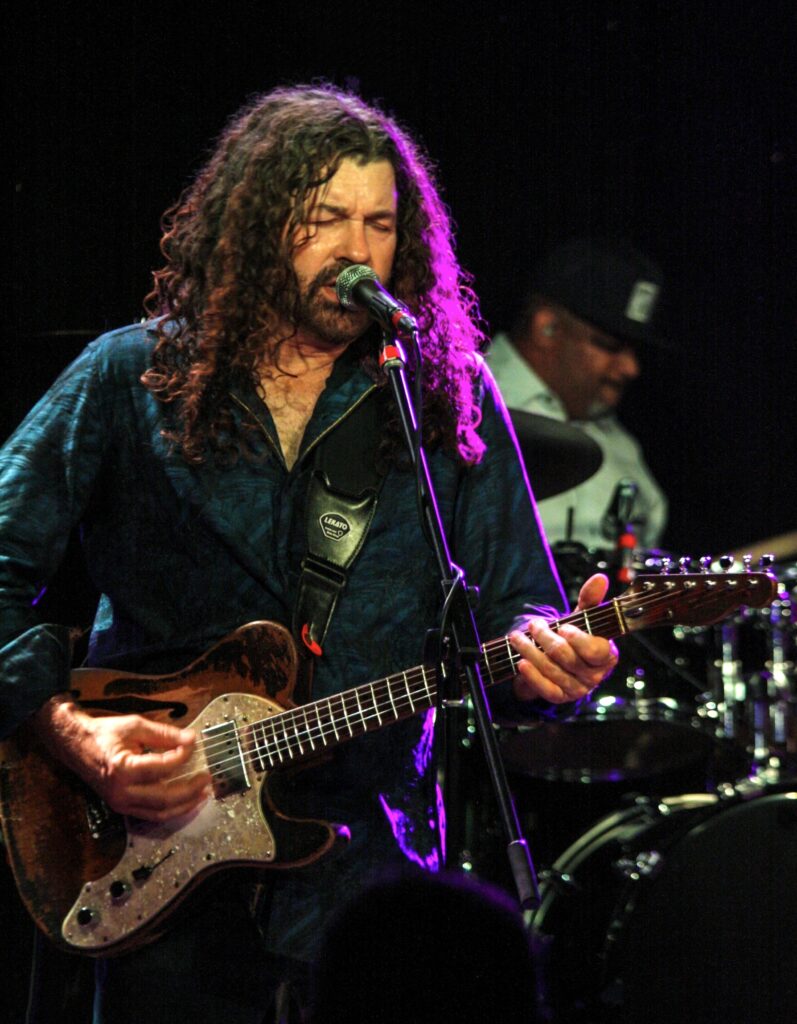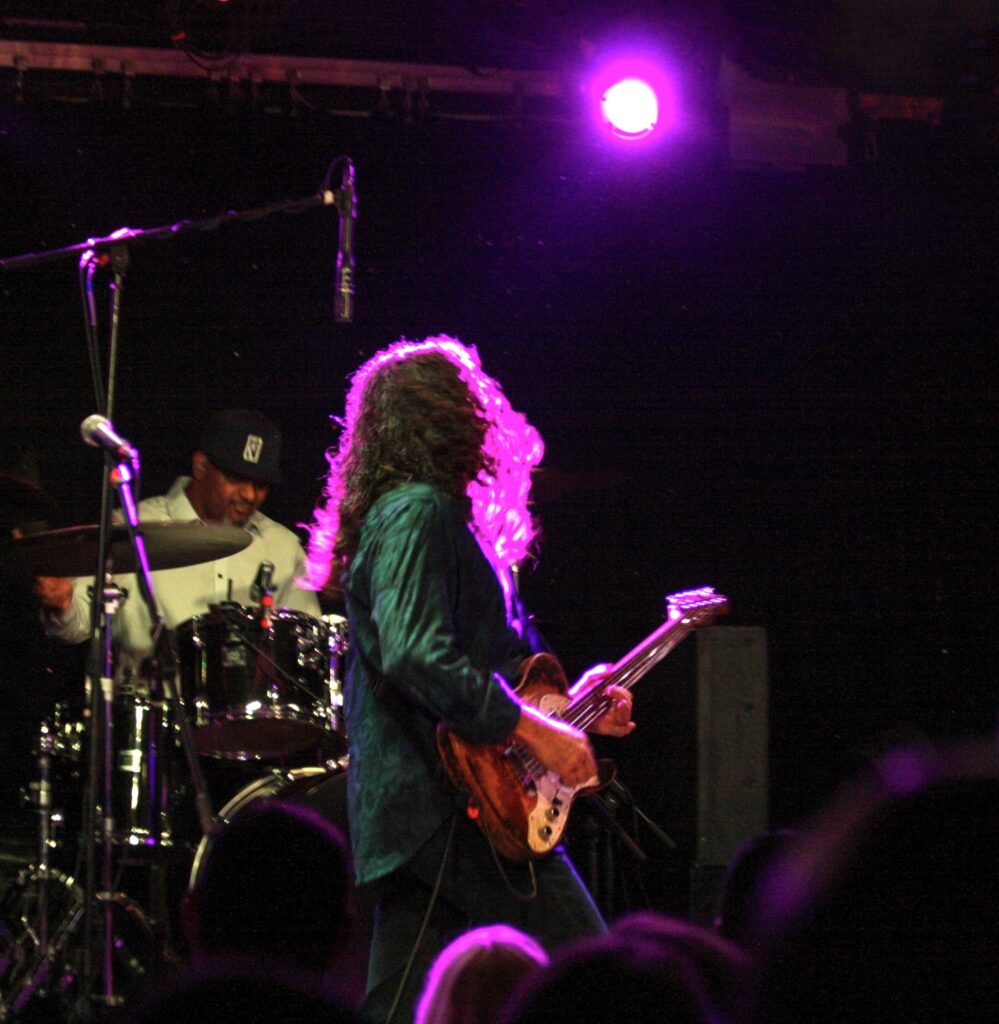By Brent Thompson

Photo Courtesy of the Artist
Thanks to a mutual friend in Los Angeles, Atlanta-based Americana act The Waymores paired with legendary producer Shel Talmy [The Who, The Kinks, Manfred Mann] for the creation of its new album, Greener Pastures (Chicken Ranch Records). The teaming of The Waymores – the duo of Willie Neal and Kira Annalise – and Talmy resulted in an album that sounds reverent and relevant at the same time. On Sunday, August 6, The Waymores will perform at Trussville’s Ferus Artisan Ales at 12 p.m. Recently, we spoke with Neal by phone.
Southern Stages: Willie, thanks for your time. We are enjoying Greener Pastures.
Willie Neal: Thank you so much. It was really a labor of love.
Southern Stages: If you will, talk about the writing and recording process for the album.
Neal: It’s a funny thing. We have a friend named Harry Zinn that lives in L.A. – he’s a character actor and an entrepreneur. He is really good friends with Shel Talmy and they go out drinking twice a week. When our last album came out, Harry was listening to it in his car when he went to pick Shel up. Shel said, “I really like this – who is this?” and Shel said he’d never done a country album and it was on his bucket list. So, Harry gave Shel our number and a couple of days later he called. Originally, we did two songs with him – he sent a list of old standards we picked two of them, It went over so well Shel said, “We have to do eight more.” We told the label about it and we had enough songs for an album, but not enough songs for this particular project. It was just a couple of months and it was the first time we had to write for a specific project – they were all composed for this album. It definitely took us out of our comfort zone for writing. We played the song once and we rolled tape.
Southern Stages: As an artist, how do you feel about the current climate in the era of Internet, satellite radio, Youtube and other modern outlets?
Neal: Kira and have this saying – “The great thing about the Internet is that anybody can make a song and put it out. The terrible thing about the Internet is that anybody can make a song and put it out.” It muds up the water a lot. We’re grateful for it – it allows us to reach our fan base. You just have to look a little harder for the good stuff.
Southern Stages: This seems like an exciting time for Americana artists. Other than yourselves, acts including Tyler Childers, Sturgill Simpson, Billy Strings and Margo Price are all reaching wide audiences.
Neal: We are starting to get more attention and people have big ears. The live attendance is starting to come back strong since the lockdown. I think the lockdown made people realize what they were losing. You don’t know what tomorrow will hold.
Southern Stages: How do songs stay fresh to you after you’ve performed them hundreds of times?
Neal: It’s usually the fan reaction. People wanting to hear it makes the song fresh to you every time. When fans what to hear it, it melts your heart.
The Waymores will perform at Trussville’s Ferus Artisan Ales on Sunday, August 6. The all-ages show begins at 12 p.m. For more information, visit www.ferusales.com.
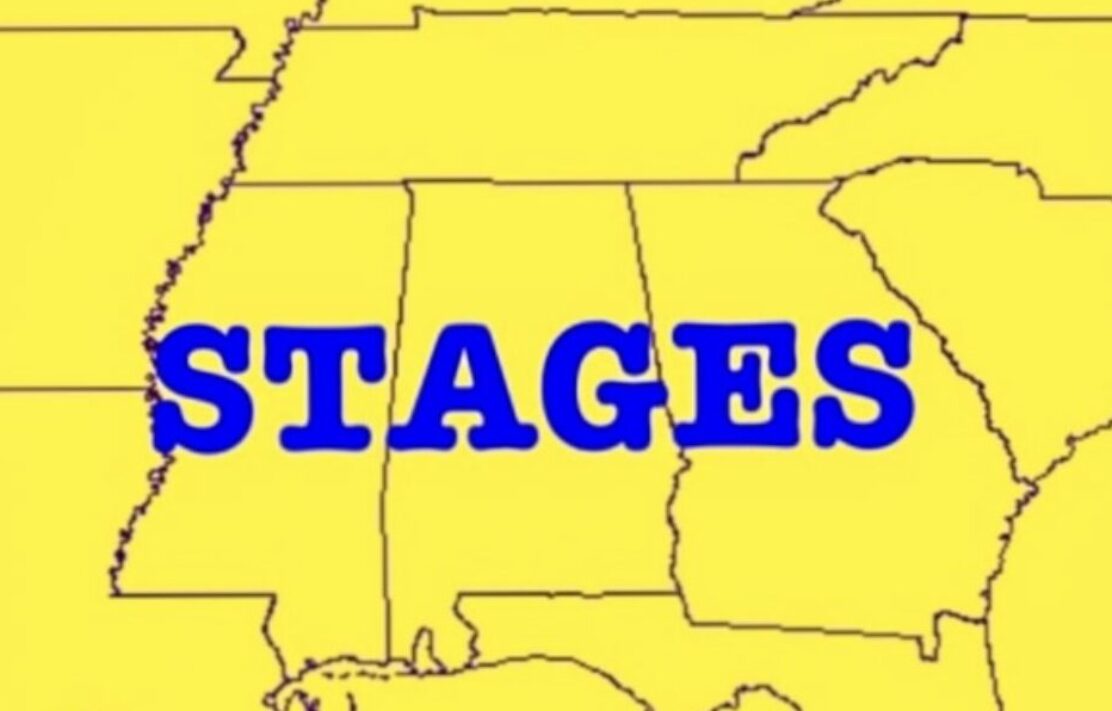
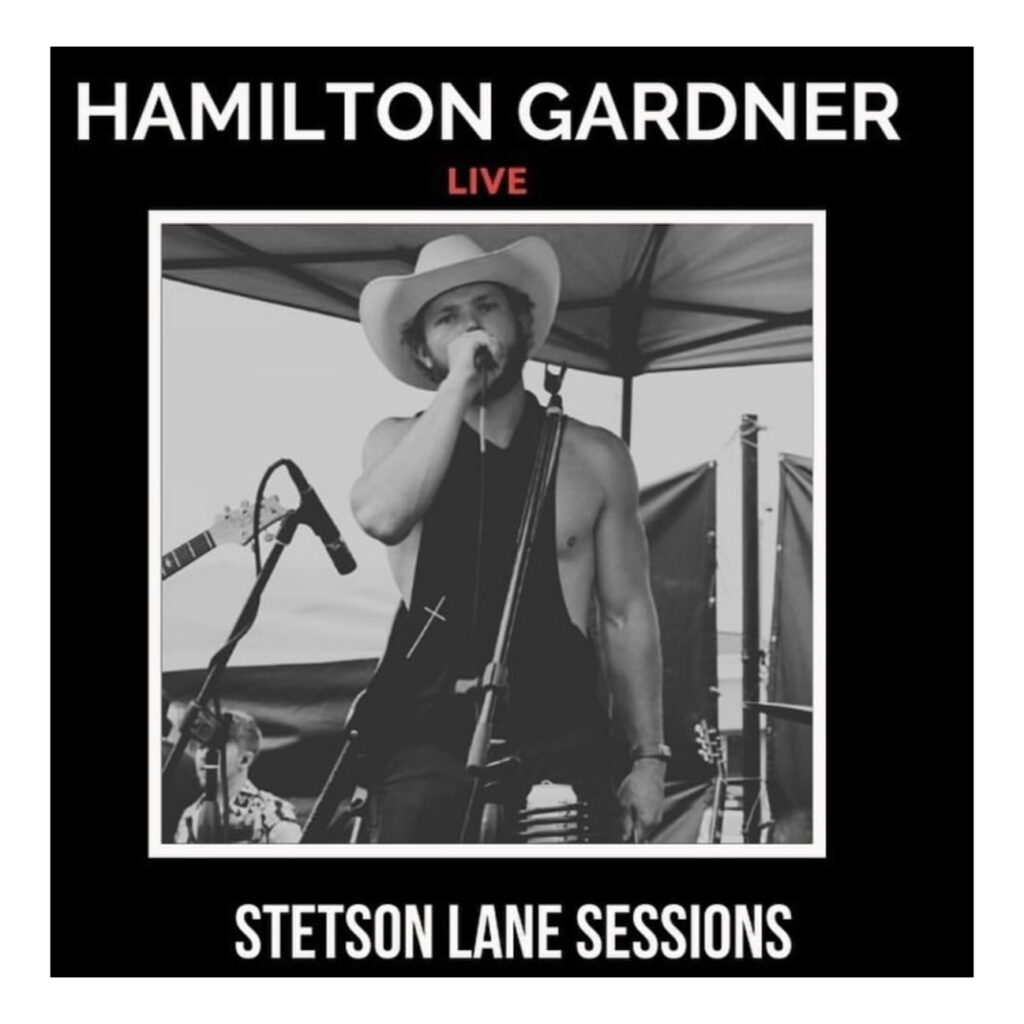 Hamilton Gardner is stepping out own his own and the timing couldn’t be better for the Birmingham-based singer/songwriter. Gardner, the former front man of Pryme Suspect, is forging his solo career in an era that finds other Americana artists such as Billy Strings, Tyler Childers, Brent Cobb and Margo Price reaching wide audiences. Gardner is actively, writing, recording and booking shows and building a loyal fan base along the way. Recently, we sat down with him at his manager’s Birmingham residence.
Hamilton Gardner is stepping out own his own and the timing couldn’t be better for the Birmingham-based singer/songwriter. Gardner, the former front man of Pryme Suspect, is forging his solo career in an era that finds other Americana artists such as Billy Strings, Tyler Childers, Brent Cobb and Margo Price reaching wide audiences. Gardner is actively, writing, recording and booking shows and building a loyal fan base along the way. Recently, we sat down with him at his manager’s Birmingham residence.